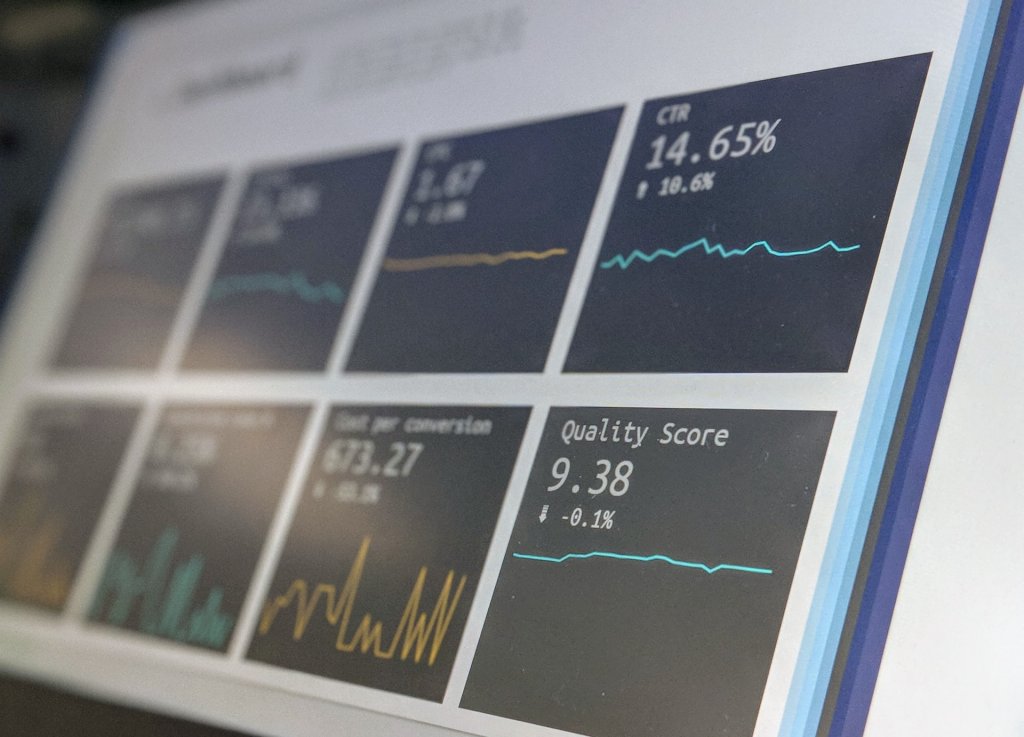The Reentry Projects Grants Evaluation
In 2018, DOL’s Chief Evaluation Office contracted with Mathematica and SPR to evaluate the Reentry Project grant programs, which support career preparedness, employment-focused services, and case management.
Project Highlights
Knowledge development phase.
The evaluation began with a knowledge development phase, in which the study team reviewed relevant research and explored impact study designs, as well as grantees suitability for involvement in various impact study designs.
Implementation Study.
The evaluation also included an implementation study, through which the study team conducted multiple rounds of grantee surveys, an analysis of Workforce Integrated Performance System (WIPS) data, and an analysis of virtual site visits with 28 grantee program locations, or sites.
Deliverables created through the implementation study include:
- Implementing Employment Programs to Support Reentry: Lessons from the 2018 and 2019 Reentry Project Grants
- Participant Perspectives During Reentry Project Programs
- Advancing Employment Opportunities for Justice-Involved Individuals through Work-Based Learning: Experiences from Reentry Project Grantees
- Common Indicators of Recidivism Used in Program and Policy Evaluations
Impact study.
While the study team initially pursued a randomized control trial impact study, that design proved infeasible, and the team pivoted to a quasi-experimental impact study using a matched comparison study design, where the labor market and criminal justice outcomes of RP program participants from two cohorts and across six states (Alabama, Florida, New Jersey, New York, Oregon, and Pennsylvania) were compared to those of Wagner-Peyser program participants with similar backgrounds.
“The intent of this Reentry Project initiative is to protect community safety through the successful reintegration of offenders."
For about two decades, the U.S. Department of Labor (DOL) has invested in reentry services for justice-involved individuals through its Reentry Employment Opportunities (REO) office.
Between 2016 and 2019, DOL awarded almost $300 million in four rounds of young adult (ages 18 to 24) and older adult (ages 25 and over) Reentry Project (RP) grants, which involved employment-focused programming designed to improve participants’ labor market and criminal justice outcomes.
Our team’s comprehensive approach included an impact study, a study of grant implementation, and an analysis of program results.
Related project
Longitudinal Evaluation of the Second Chance Act (SCA) Adult Demonstration Program
05/25/2022
Related project
Evaluation of the California Violence Intervention and Prevention Program
08/31/2022
Explore our projects
Health Equity in Colorado: Field Building & Community Change
Learn more about Health Equity in Colorado: Field Building & Community Change![]()
Explore our projects
The WIOA Research Portfolio Project
Learn more about The WIOA Research Portfolio Project![]()
Explore our projects
Evaluation of the Colorado Trust’s Health Equity Advocacy Initiative
Learn more about Evaluation of the Colorado Trust’s Health Equity Advocacy Initiative![]()




